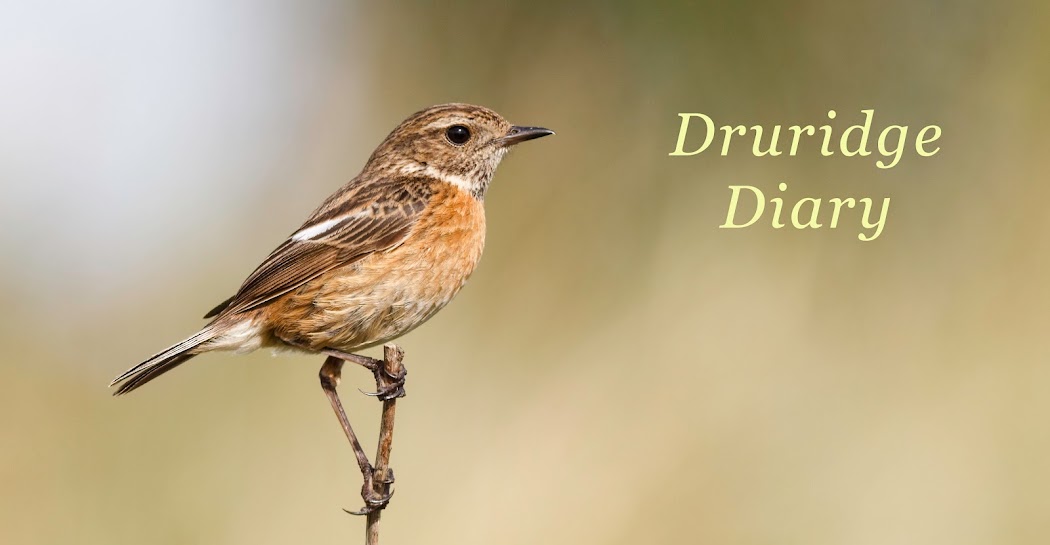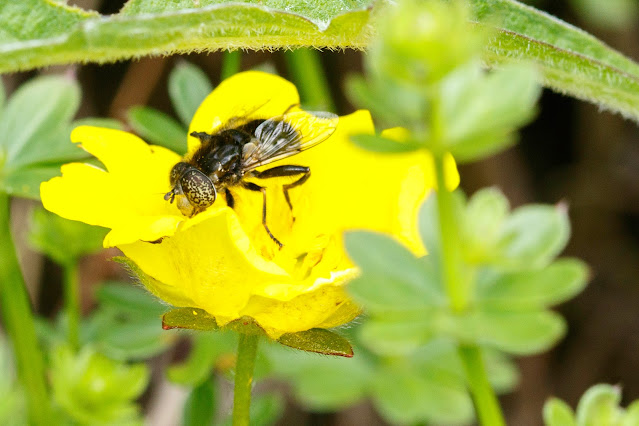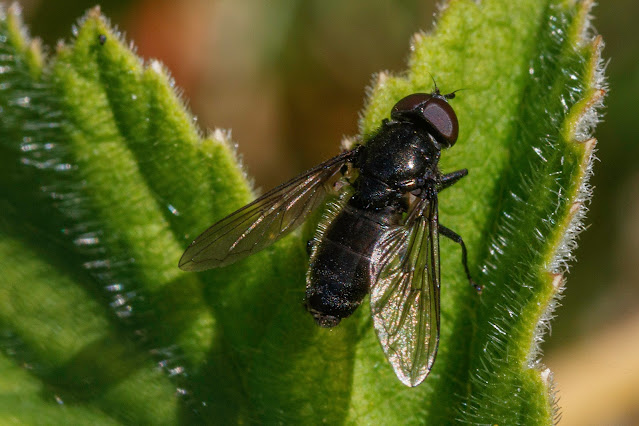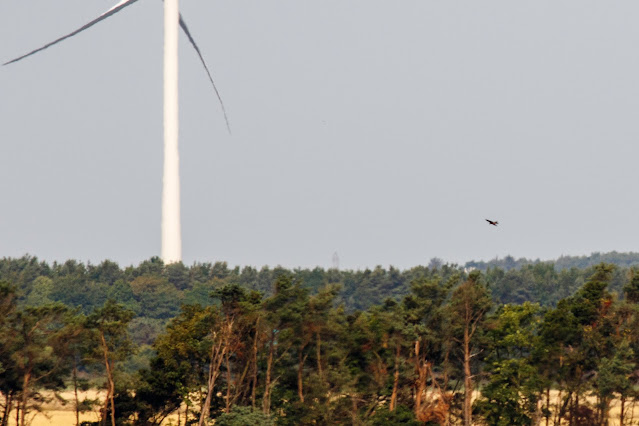After a walk up to north end of the patch and back on Friday after work, I did a bit of an evening seawatch , until it was nearly dusk.
It was relatively quiet, but there were a couple of close scoter flocks, numbering around 350 birds combined, so I went through them looking for a velvet or better. Three great-crested grebes and a red-throated diver were I could manage. Interestingly, the scoter flock was made up of over 95% drakes.
Otherwise, a few terns and gannets... that is, until I noticed a couple of Mediterranean gulls flying south and then for some reason, I turned to look inland to see a small flock of Meds head south behind me, they were soon followed by another flock of 25 birds, they were all flying south, over the reserve, as far away as the shelterbelt. Several more flocks followed and they were still passing, in small numbers by the time I left. My final count was 72, there were also 15, including 5 juveniles, in the gull roost on the beach.
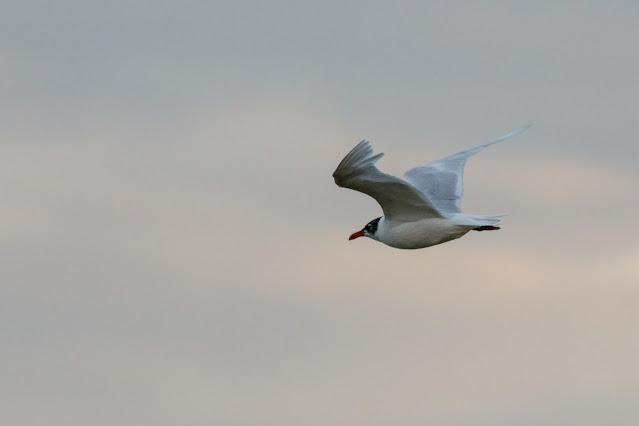 |
| One of the passing Meds at dusk |
I can only assume that they had been feeding in fields north and west of Druridge and headed south to roost at Lynemouth or Newbiggin.
There were 48 sanderling on the beach, the adults molting out of breeding plumage.
 |
| Sanderlings |
On Saturday, it was a still and humid evening. Janet and I had a walk along the beach, there were plenty of Sandwich terns offshore including a few juveniles which is promising.
 |
| Sandwich Tern |
 |
| Sandwich Tern |
There was big southerly passage of sand martins, we counted at least 200 passing through.
 |
| Sand Martin |
Today (Sunday), there was a northerly wind for most of the day, so I tried an afternoon seawatch but it was quiet. 15 Manx went north and there were at least 8 Roseate terns offshore. A flock of about 30 southbound redshanks were noteworthy.
Here are some photos of the stonechat family in the dunes.
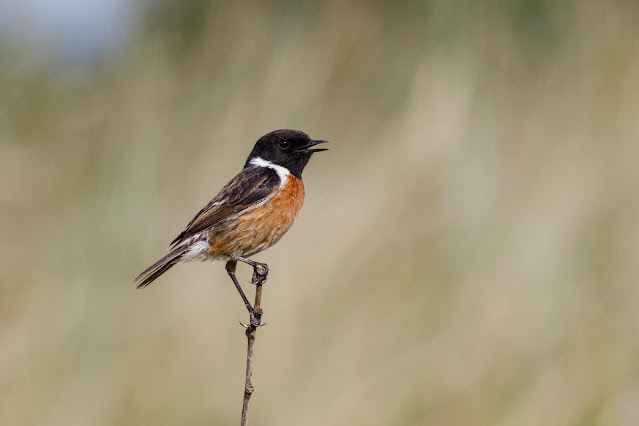 |
| Male stonechat |
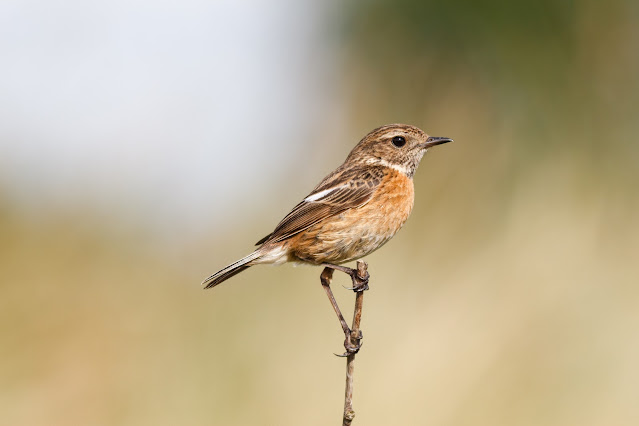 |
| Female |
